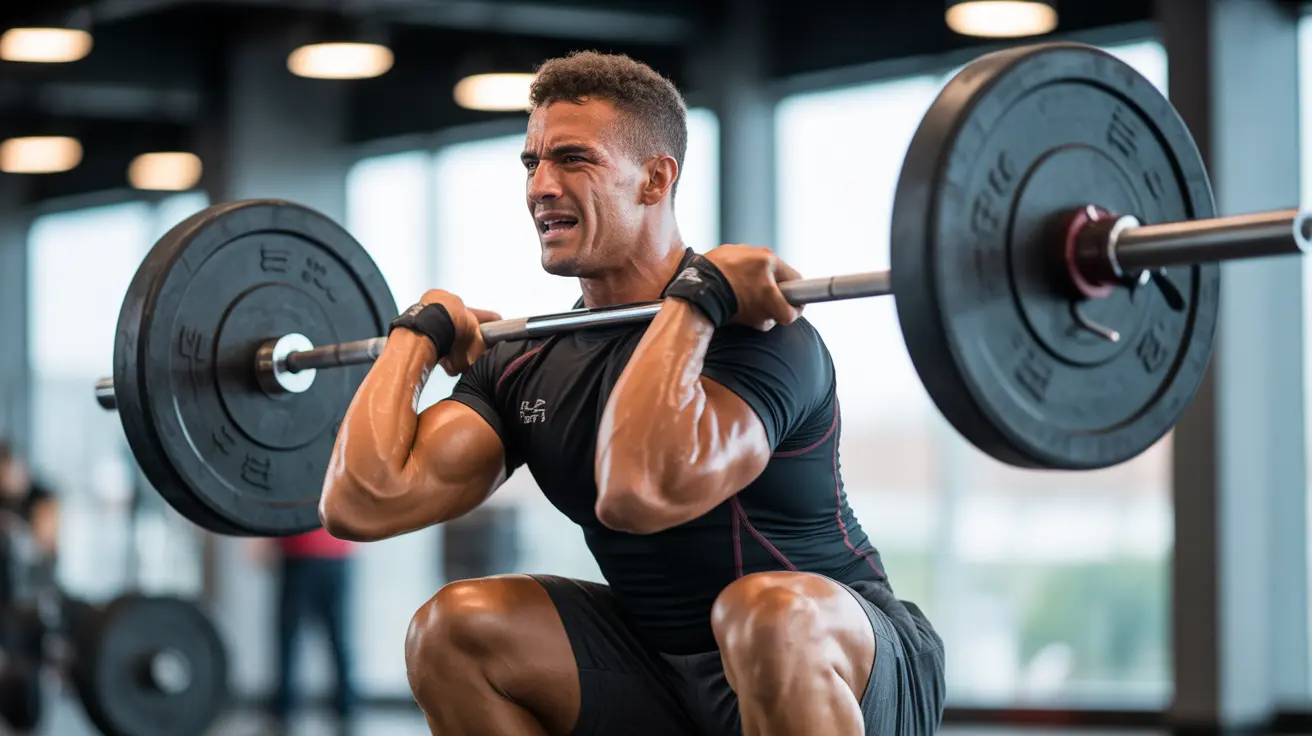The power clean is a fundamental Olympic weightlifting movement that combines explosive power, technical precision, and full-body strength. This dynamic exercise has become increasingly popular among athletes and fitness enthusiasts seeking to enhance their athletic performance, build muscle, and improve overall power development.
Understanding proper power clean technique and its benefits is crucial for anyone looking to incorporate this compound movement into their training routine. This comprehensive guide will break down everything you need to know about mastering the power clean safely and effectively.
Understanding the Power Clean Movement
The power clean is an explosive weightlifting exercise that involves lifting a barbell from the floor to the front rack position at the shoulders in one fluid motion. This complex movement requires coordination of multiple muscle groups and proper timing to execute successfully.
Key Components of the Power Clean
The power clean can be broken down into several distinct phases:
- First Pull: Lifting the bar from the floor with proper positioning
- Second Pull: Explosive hip extension and power generation
- Third Pull: Getting under the bar
- Catch Position: Receiving the bar in a quarter squat position
- Recovery: Standing up with the weight
Muscles Worked During the Power Clean
The power clean is truly a full-body exercise that engages multiple muscle groups simultaneously:
- Quadriceps and glutes
- Hamstrings and calves
- Core and lower back muscles
- Trapezius and shoulders
- Forearms and grip muscles
Benefits of Power Clean Training
Including power cleans in your training routine offers numerous advantages:
- Develops explosive power and strength
- Improves athletic performance
- Enhances coordination and body awareness
- Increases muscle mass and strength
- Boosts metabolic rate for fat loss
- Develops better movement patterns
Proper Power Clean Technique
Learning proper form is essential for safety and effectiveness:
Starting Position
Begin with feet hip-width apart, barbell over mid-foot, and hips slightly higher than knees. Maintain a neutral spine and engage your core.
The First Pull
Break the bar from the floor while maintaining a consistent back angle. Keep the bar close to your shins as you lift.
The Explosive Phase
As the bar passes your knees, explosively extend your hips and knees while shrugging your shoulders. This generates the power needed to elevate the bar.
The Catch
Quickly get under the bar by rotating your elbows forward and receiving the weight in a quarter squat position with your torso upright.
Common Power Clean Mistakes to Avoid
Be aware of these frequent technical errors:
- Starting with the bar too far from your body
- Pulling with your arms instead of driving with your legs
- Failing to fully extend your hips
- Catching the bar with bent wrists
- Letting the bar crash onto your shoulders
Frequently Asked Questions
What muscles does the power clean work and how does it improve overall strength?
The power clean works virtually every major muscle group in the body, with particular emphasis on the posterior chain, including the glutes, hamstrings, and back muscles. It improves overall strength by developing explosive power and teaching multiple muscle groups to work together efficiently.
How can beginners safely learn proper power clean technique to avoid injury?
Beginners should start by mastering each component of the lift separately using light weights or even a PVC pipe. Working with a qualified coach, focusing on proper form, and gradually increasing weight as technique improves are essential steps for safe progression.
What are the main benefits of including power cleans in an athletic training program?
Power cleans develop explosive power, improve force production, enhance athletic performance, and build overall strength. They also improve coordination, body awareness, and the ability to generate power quickly - all crucial elements for athletic success.
How does the power clean help with fat loss and improving body composition?
Power cleans are highly metabolically demanding, burning significant calories during execution and continuing to elevate metabolism post-workout. The exercise's intensity and full-body engagement make it effective for fat loss while maintaining or building muscle mass.
What is the difference between a power clean and a squat clean?
The main difference lies in the catch position. In a power clean, you catch the bar in a quarter squat position (above parallel), while in a squat clean, you receive the bar in a full squat position (below parallel). Power cleans typically allow for heavier weights and are more commonly used in athletic training.




